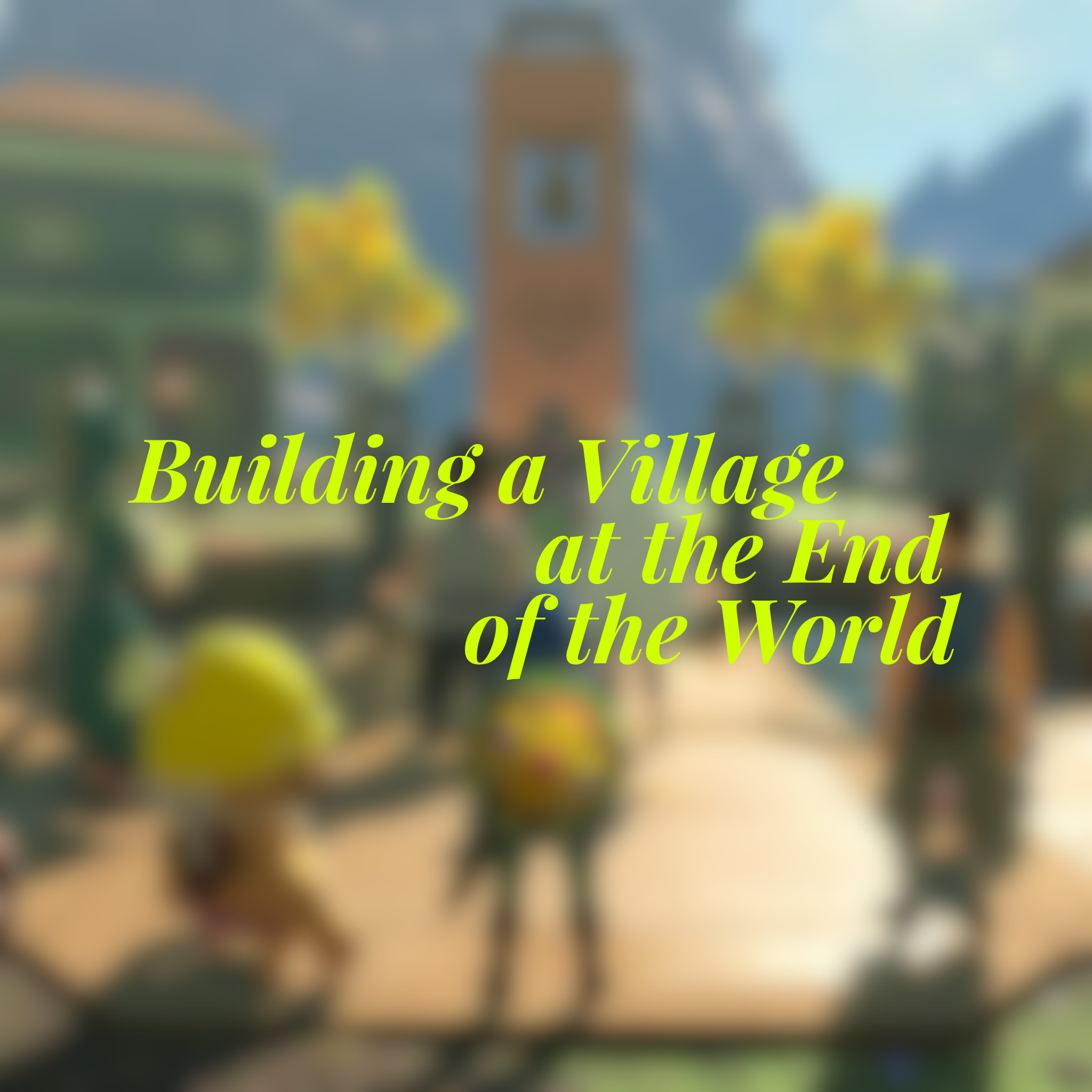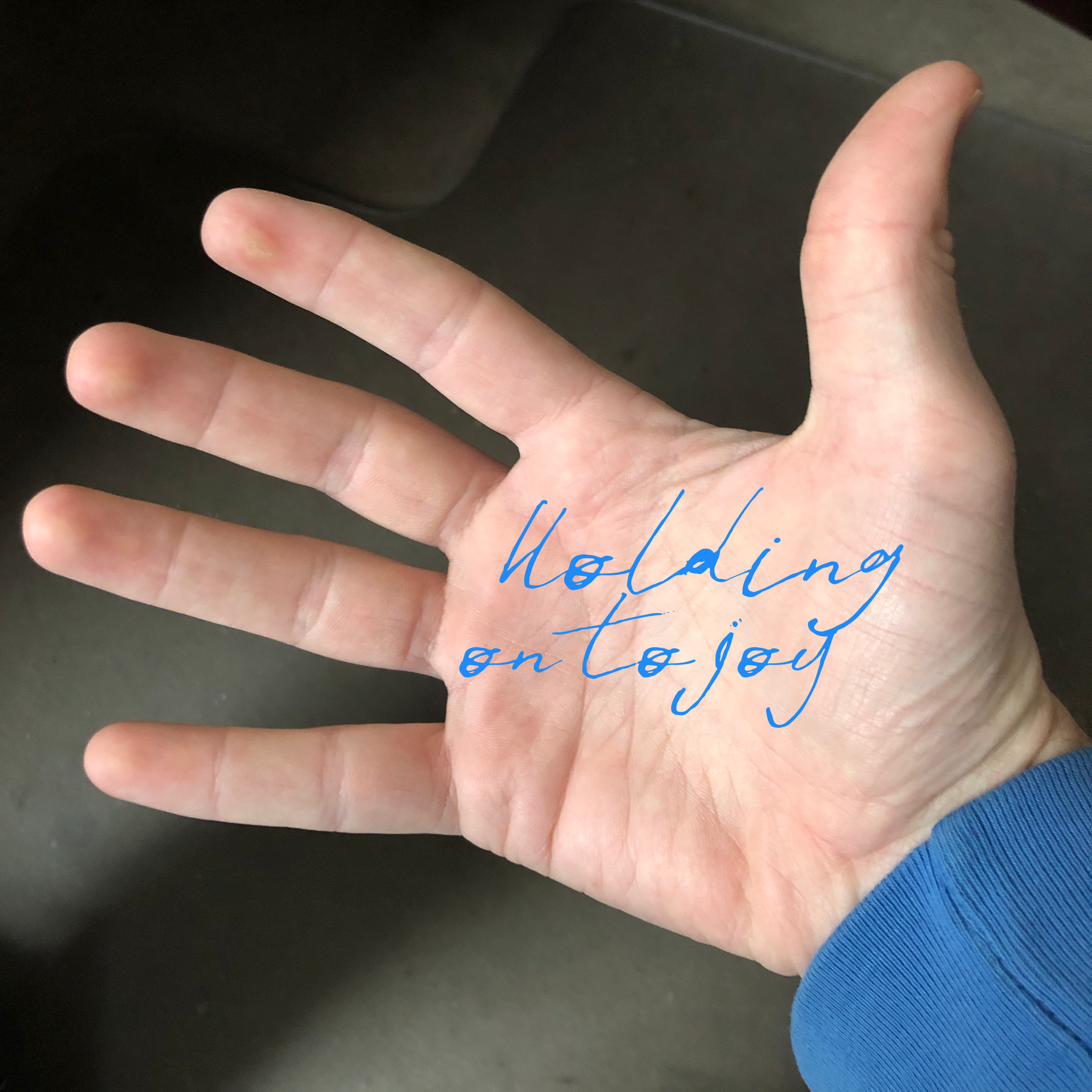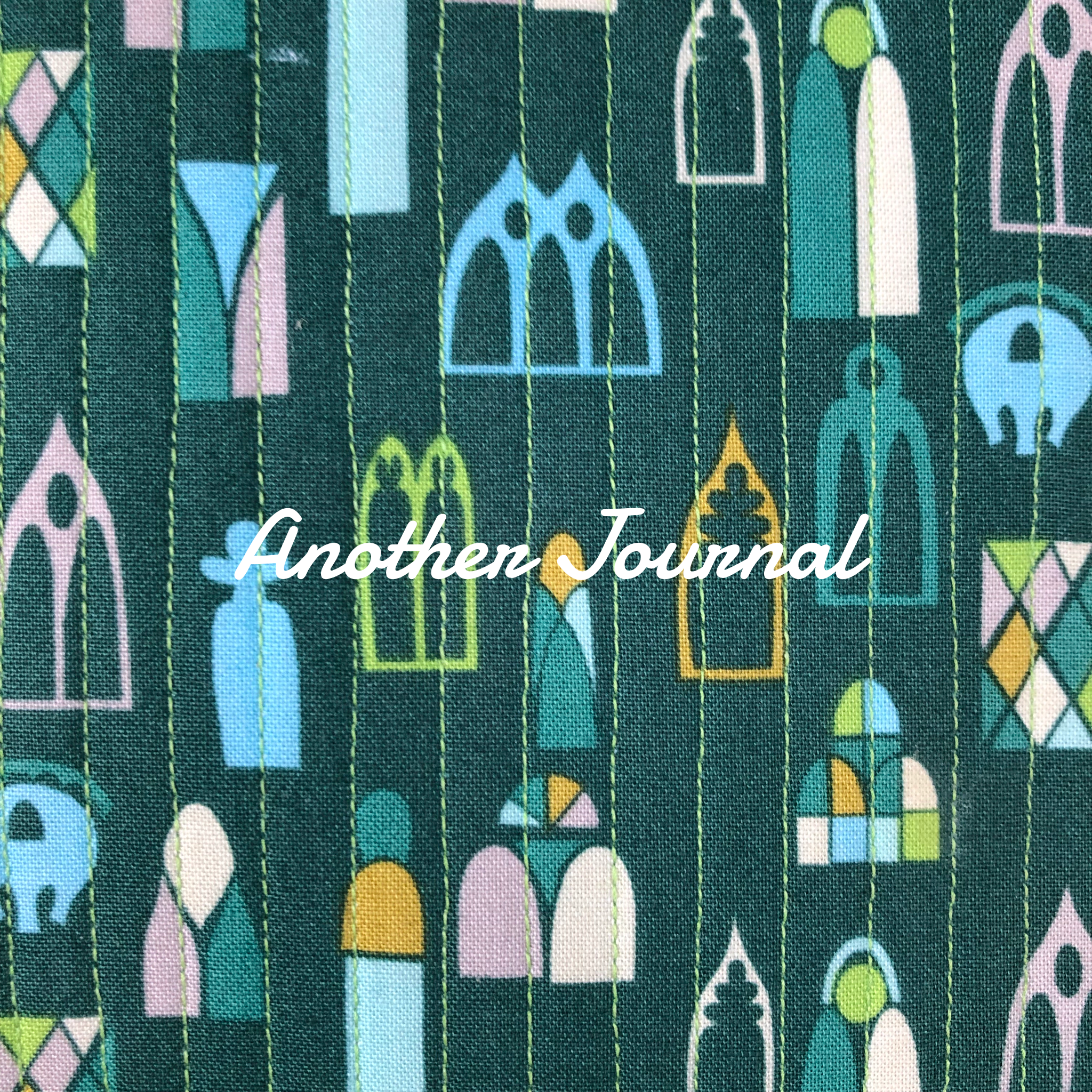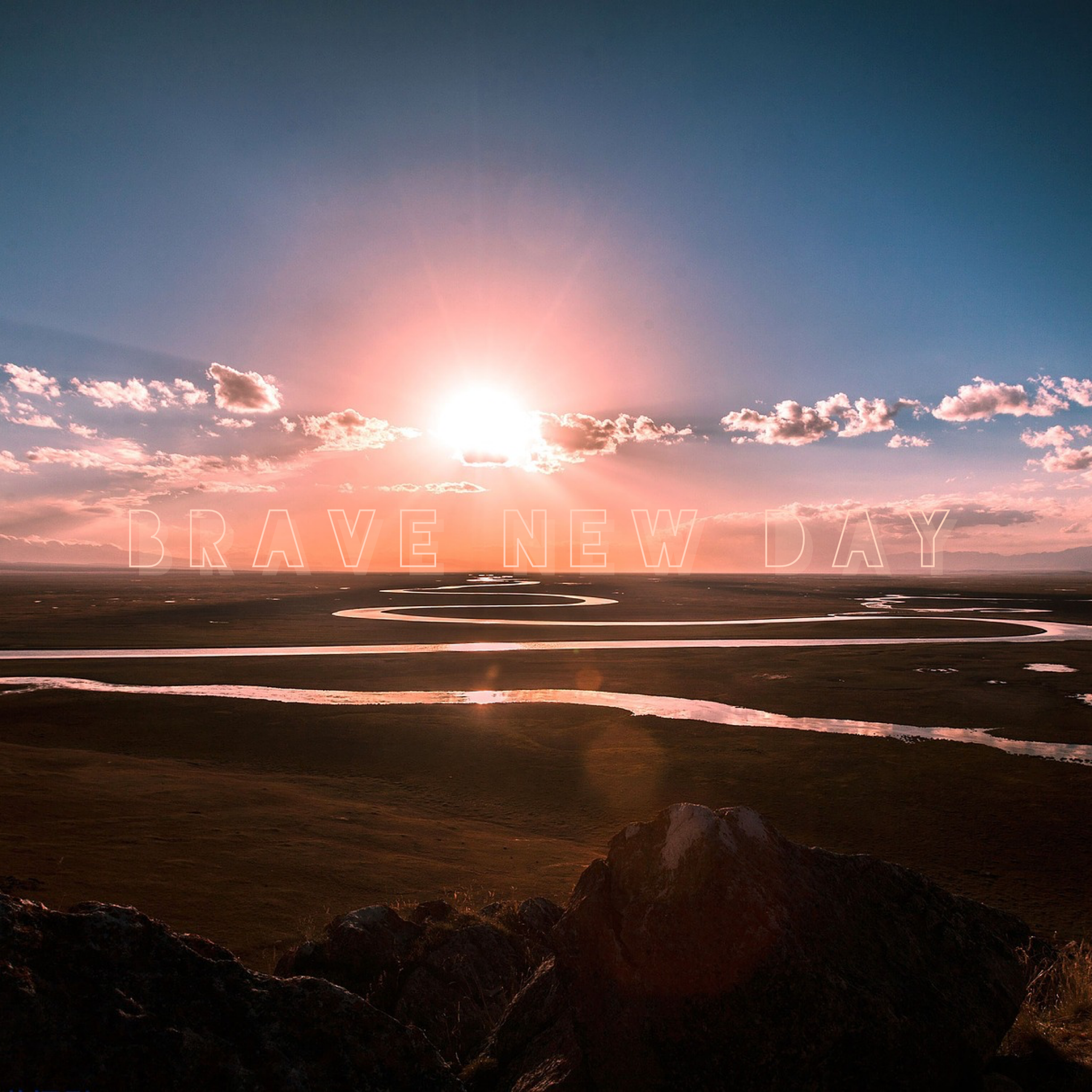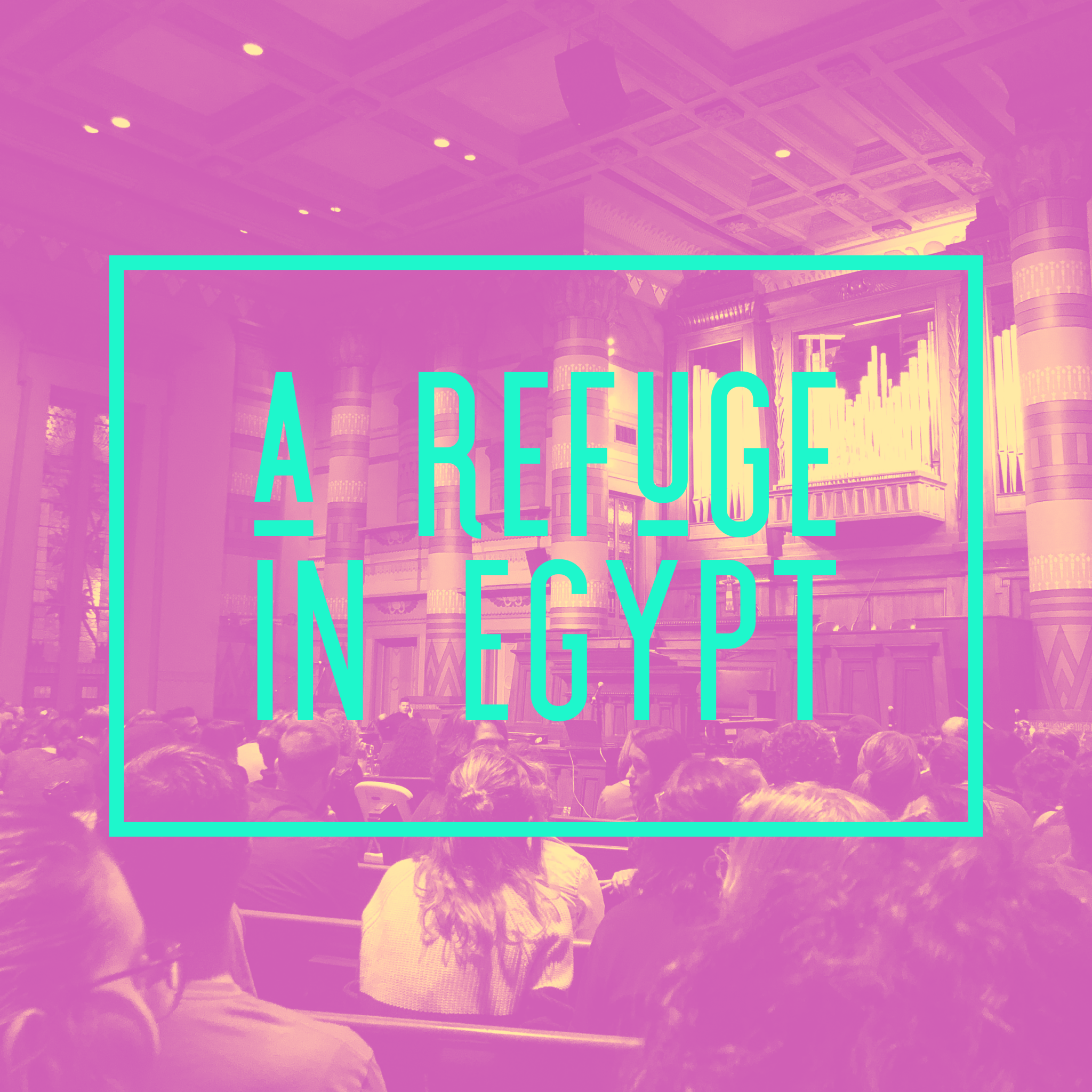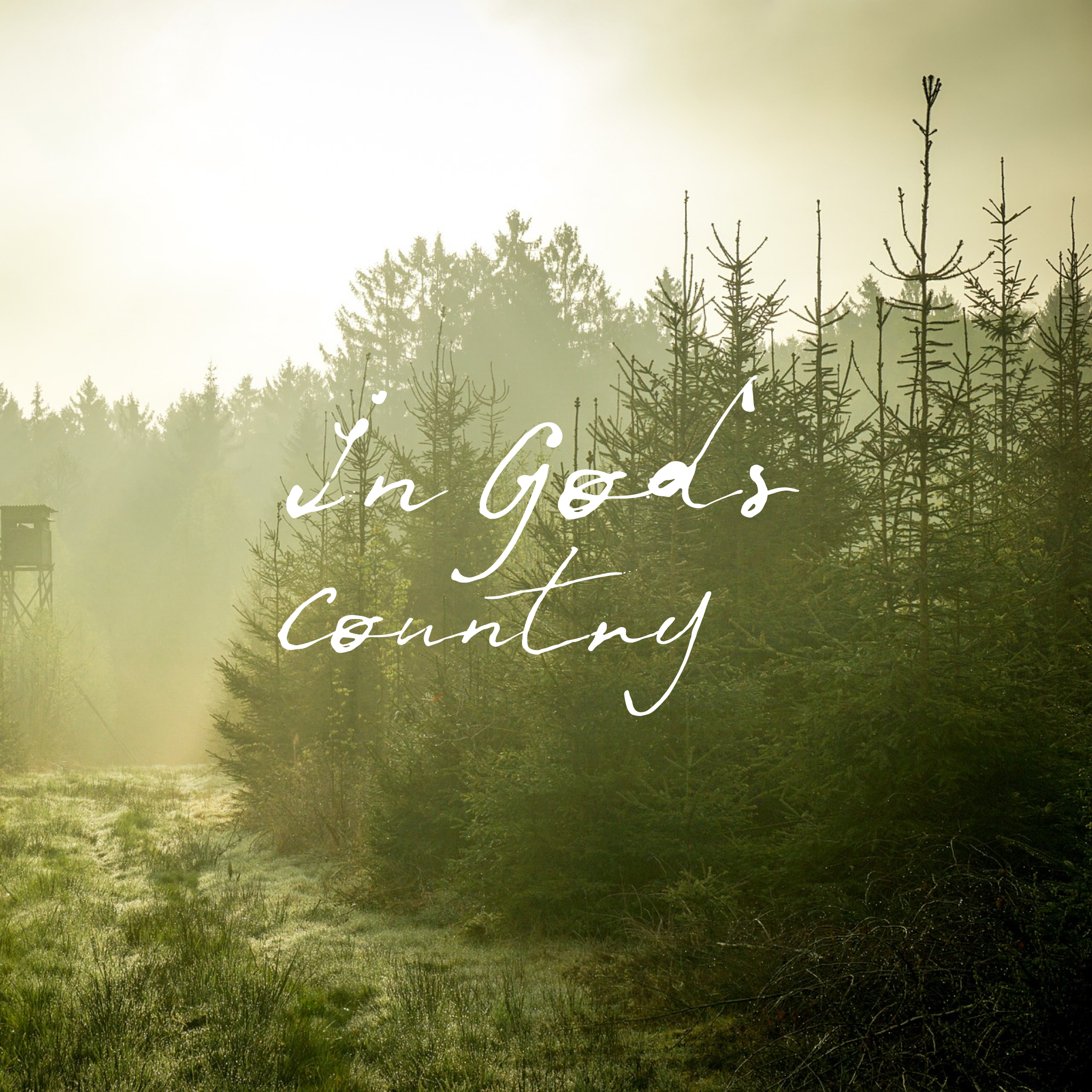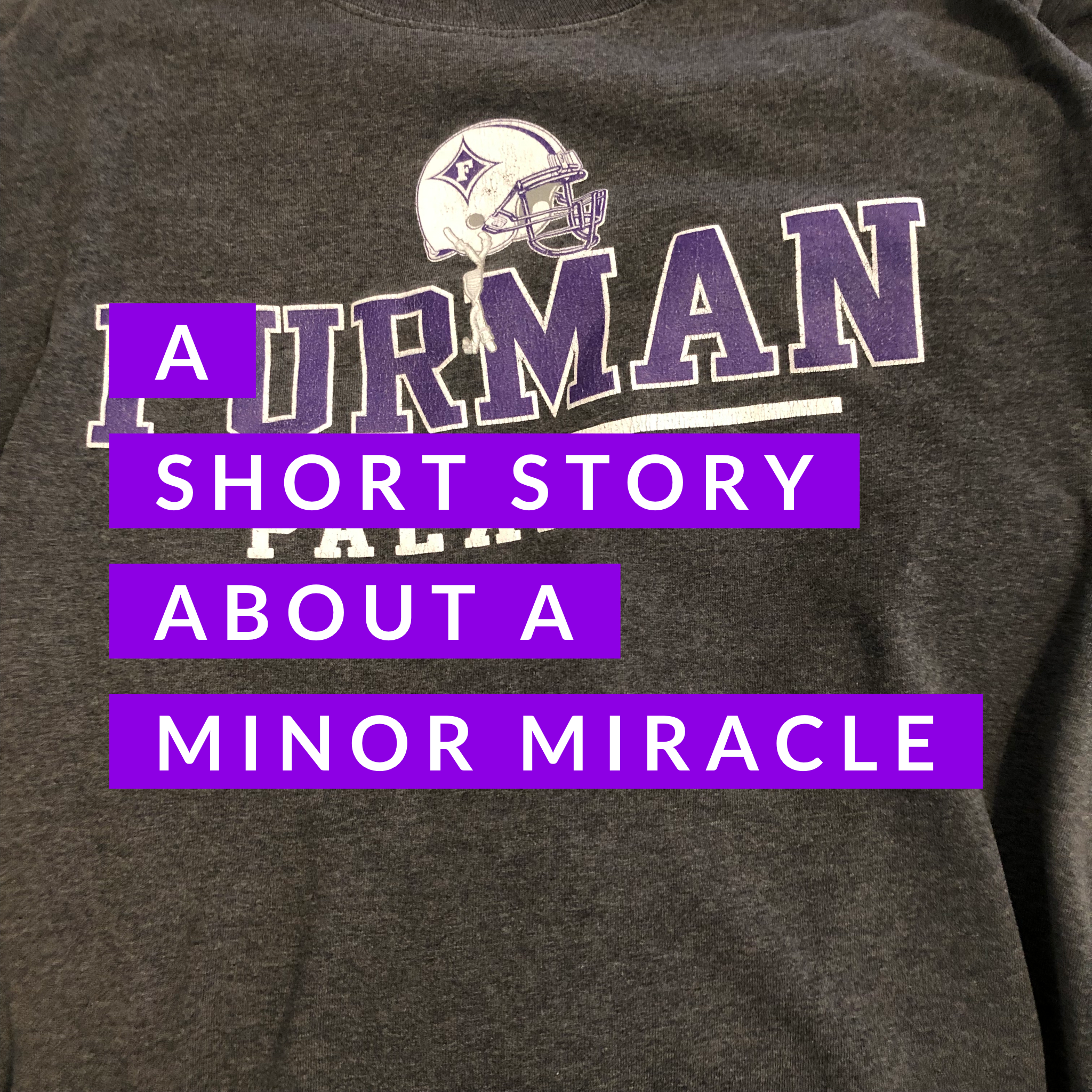I love Ash Wednesday, which is admittedly an odd thing to love. The message of the day is that we are dust. We are frail. We are fallen. “Dust you are and to dust you will return.” One might as well play the Sufjan Stevens song that ends with refrain “We’re all gonna die / We’re all gonna die / We’re all gonna die.” I heard that song once playing in a bookstore. I looked around to see if anyone noticed our mortality was calling to us over the P.A. system. It was one strangely dark moment.
Ash Wednesday is not that bleak. There is the promise of Easter and resurrection on the other side of the Lenten wilderness. And perhaps that, besides my nerdery about the church, is why I love Ash Wednesday so much. It is this collision between reality and hope, fallenness and grace, death and life, the end and the beginning. It is this beautiful, complicated paradox that for some reason seems truer than true to me.
So as a minister I am not always sure what to say when I take the ash and make a cross on someone’s forehead. This is only the third year in which I have had this honor and I have said something different each year. I do not want to merely say that someone is dust and to dust they will return. It is an essential reminder, but it is not the entire story on this day. And I do not want to merely remind someone that God loves them. For to ignore the reality that we are dust removes all the bass notes that grounds that amazing reminder.





